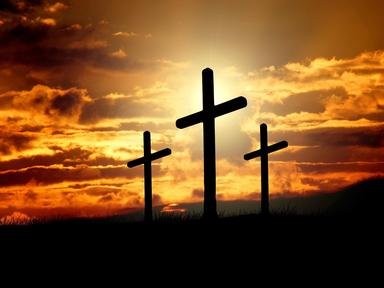Quiz Answer Key and Fun Facts
1. William Booth, founder of the Salvation Army, was born the same year the first Oxford-Cambridge Boat Race took place and Andrew Jackson was inaugurated as the seventh president of the United States. In what year was Booth born?
2. William Booth was born in England in a city strongly connected with the legend of Robin Hood. In which city was Booth born?
3. What profession did William Booth work at before he became a full-time Methodist minister at the age of twenty-three years?
4. William Booth saw a huge need to preach the Gospel message to the downtrodden and the destitute as the people in the slums were being largely ignored by churches of the day. In what English city, famous for Big Ben and Trafalgar Square, did Booth and his wife Catherine hold their first evangelistic meetings?
5. When William and Catherine Booth started their outreach to the impoverished masses, they did not call their ministry the Salvation Army. That name did not come until 1878. What was their organization originally called?
6. William and Catherine Booth started their campaign to win souls for Christ in the slums the same year U.S. President Abraham Lincoln was assassinated. In what year did the Booths start their endeavor?
7. William Booth, in the early days, faced immense opposition to his endeavors to spread the Gospel message to people in the slums. In fact he was even referred to as the Antichrist in some circles.
8. In his latter years, Booth was warmly received by royalty and praised by the media in general.
9. In addition to being a noted evangelist, William Booth also wrote a number of books and Gospel hymns that were extremely popular in their day.
10. Which of the quotes below was made by Salvation Army founder William Booth?
Source: Author
Cowrofl
This quiz was reviewed by FunTrivia editor
LeoDaVinci before going online.
Any errors found in FunTrivia content are routinely corrected through our feedback system.
